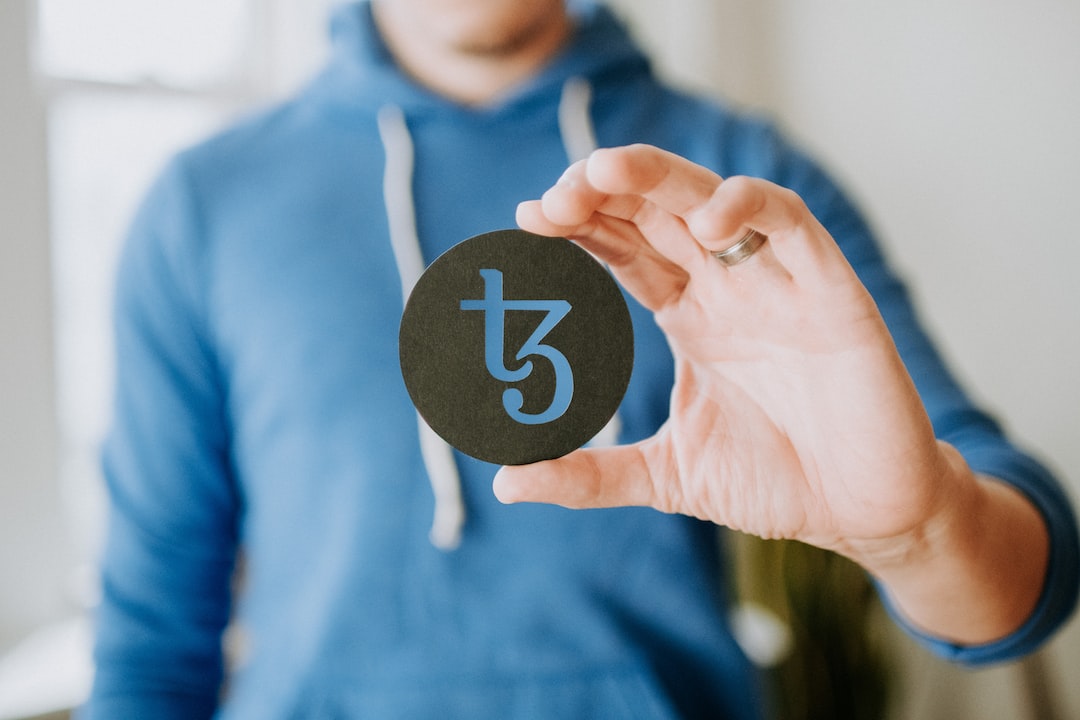AllNodes Shifts from Geth to Besu for a More Diversified Ethereum Client Ecosystem
AllNodes, a staking provider, has made a significant move by transitioning its entire network of 23,895 nodes from Geth to Besu. This shift aims to reduce the current centralization around Geth and create a more diversified Ethereum execution client ecosystem. The decision reflects the growing recognition of the need for a robust and decentralized Ethereum network. While Geth is currently the most widely used client, concerns have been raised about its dominance and potential security vulnerabilities. By embracing Besu, developed by ConsenSys, AllNodes enhances the security and reliability of its staking infrastructure.
Boosting Decentralization Efforts for Rocket Pool
The migration to Besu also strengthens the decentralization efforts for Rocket Pool, an Ethereum staking protocol that utilizes mini pools. Mini pool operators on Rocket Pool can now leverage AllNodes’ staking and node hosting services. This transition further enhances Ethereum’s resilience against potential client-side failures, even if some mini-pool operators still use Geth. The goal is to spread validators across different clients like Nethermind, Geth, Besu, and others to make the network more resistant to forks and security issues.
Potential Risks of Relying Solely on Geth
Currently, over 75% of all Ethereum validators rely on Geth as their client. However, relying solely on Geth exposes validators to risks in case of client failures or bugs. If Geth encounters issues, it could lead to catastrophic losses and trigger a network fork since it controls more than 66% of nodes required for finality. Validators running on Geth may face slashing penalties up to 32 ETH, resulting in a complete loss of their stake. To mitigate these risks, it is crucial for staking providers and validators to diversify their client base.
No Bailouts for Ethereum Node Operators
Analysts emphasize that there will be no “bailouts” for Ethereum node operators if the network forks due to client failures. Anyone can choose any client, including Geth, but they must bear the consequences if the chosen client encounters issues. Validators must maintain reliability and uptime to avoid slashing penalties imposed by the Ethereum network. The longer a validator remains offline, the higher the slashing penalty becomes.
Hot Take: Embracing Client Diversity for a More Resilient Ethereum Network
By transitioning from Geth to Besu, AllNodes takes a step towards a more diversified Ethereum client ecosystem. This move promotes decentralization and enhances the security and reliability of staking infrastructure. With more staking providers following suit, Ethereum can become more resistant to potential forks and security vulnerabilities. However, it is crucial for validators to consider diversifying their client base to mitigate risks and avoid catastrophic losses in case of client failures. Embracing client diversity is key to building a resilient and robust Ethereum network.





 By
By
 By
By
 By
By

 By
By
 By
By